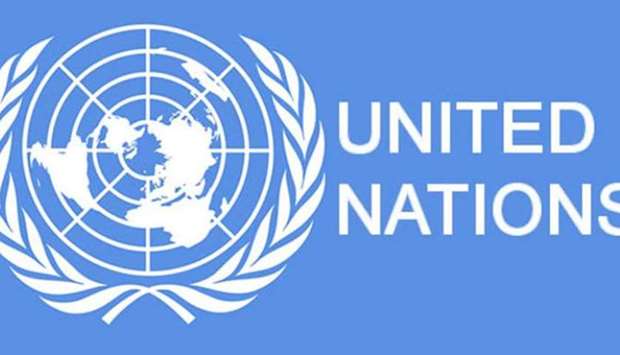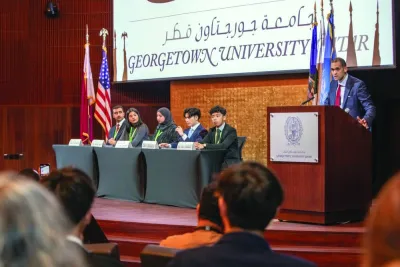The United Nations said on its official website that six special rapporteurs of its Human Rights Council had sent official letters to three countries of the blockade — Saudi Arabia, the United Arab Emirates and Bahrain — monitoring all violations committed by each country, based on reports received by the international organisation from some relevant organisations.
The six rapporteurs who addressed the blockading countries were the Special Rapporteur on the promotion and protection of the right to freedom of opinion and expression and the Special Rapporteur on the right of everyone to the enjoyment of the highest attainable standard of physical and mental health, as well as the Special Rapporteur on the human rights of migrants, the Special Rapporteur on contemporary forms of racism, racial discrimination, xenophobia and related intolerance, the Special Rapporteur on the promotion and protection of human rights while countering terrorism, and the Special Rapporteur on the right to education.
The special rapporteurs urged the three countries, Saudi Arabia, the UAE and Bahrain, in letters addressed to each of them, to take all measures to stop the humanitarian violations they caused and to ensure prevention of their recurrence, and to take all necessary steps to respect the rights of people affected by the current Gulf crisis.
According to the content of the six messages published by the United Nations on its website, the Special Rapporteurs were keen to include a detailed and accurate account in each country's letter, supported by the figures and statistics received by the United Nations on all violations of the rights of citizens and residents of the State of Qatar as well as the nationals of the countries concerned.
Based on the reports reaching the United Nations, the rapporteurs pointed out that, as a result of the measures taken by the countries of the blockade, it caused prejudice to the most fundamental human rights of Qatari citizens and their citizens, in particular their right to movement and residence, family reunification, education, employment, freedom of expression, health and the right to property.
The letters of the Special Rapporteurs were keen to remind the blockading countries of their international obligations and the need to respect the various international laws and charters they have signed, and for which they should abide by their membership of the international community.
At the same time, they warned that any person responsible for the violations monitored would be held accountable as a result of the blockade.
They called upon the blockading countries, based on several observations that they had made, to inform them of any additional information and any comments they might have regarding the charges against them and the measures taken to ensure non-dispersal of mixed families, to ensure their right to health, access to education without discrimination on any basis, as well as their compliance with international and regional instruments in this context.
They confirmed that replies they would receive from the governments of the blockading countries would be publicised in a report to be submitted to the Human Rights Council for consideration.
In their letter to Saudi Arabia, the Special Rapporteurs urged the Saudi government to provide them with information on the measures they have taken within their territories to ensure the right of Qatari citizens to practice their religious rites without discrimination.
The Special Rapporteurs also enquired about the measures taken by the kingdom to ensure the protection of the human rights of workers employed by Qatari nationals in their territories, without discrimination on any grounds.
The content of the letters sent by the Special Rapporteurs of the United Nations Human Rights Council to the governments of the siege countries reflects the official report of the United Nations High Commissioner for Human Rights, which condemned the violations of the siege countries accusing them of taking unilateral and discriminatory measures against citizens and residents of the State of Qatar, which did not exclude even the citizens and residents of the siege countries themselves.



